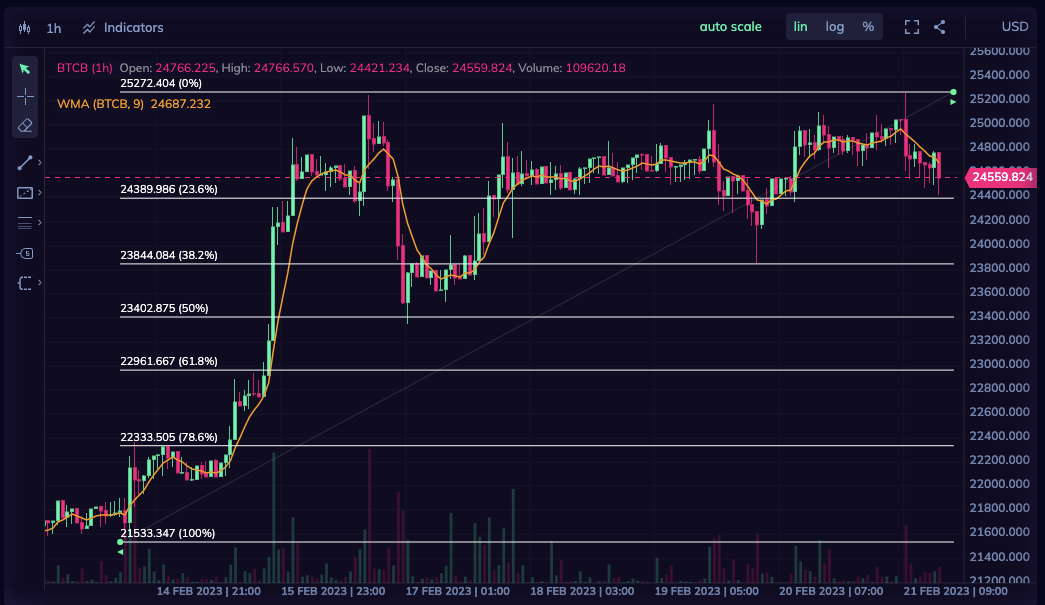The Ethereum Virtual Machine (EVM).
The Ethereum Virtual Machine (EVM) is a key component of the Ethereum blockchain.

The Ethereum Virtual Machine (EVM) is a key component of the Ethereum blockchain. The EVM is a virtual machine that runs on each node in the Ethereum network and is responsible for executing smart contracts. In this article, we will define what the EVM is, discuss how it works, provide examples of its use, and explore the benefits of using it.
Definition
The EVM is a virtual machine that runs on each node in the Ethereum network. The EVM is responsible for executing smart contracts, which are self-executing contracts that automatically execute when certain conditions are met.
How it Works
The EVM is a runtime environment that executes smart contracts written in Solidity, the programming language used to create smart contracts on the Ethereum network. When a smart contract is deployed to the Ethereum network, it is compiled into bytecode, which is then executed by the EVM.
The EVM is designed to be a deterministic machine, which means that it always produces the same output for a given input. This is important for ensuring the integrity of the Ethereum network and the security of smart contracts.
Examples
- Decentralized Finance (DeFi): DeFi applications are built on the Ethereum network and use the EVM to execute smart contracts that facilitate financial transactions such as lending, borrowing, and trading.
- NFTs: Non-fungible tokens (NFTs) are unique digital assets that are stored on the Ethereum network. The EVM is used to execute smart contracts that manage the ownership and transfer of NFTs.
Benefits
- Security: The EVM is designed to be a deterministic machine, which helps to ensure the integrity of the Ethereum network and the security of smart contracts.
- Efficiency: The EVM is designed to be efficient and optimized for executing smart contracts, which helps to ensure that the Ethereum network can handle a large volume of transactions.
- Flexibility: The EVM is designed to be flexible, which allows developers to create a wide variety of smart contracts and applications on the Ethereum network.
Conclusion
In conclusion, the Ethereum Virtual Machine (EVM) is a key component of the Ethereum blockchain. The EVM is responsible for executing smart contracts, which are self-executing contracts that automatically execute when certain conditions are met. The EVM is designed to be a deterministic machine that is secure, efficient, and flexible. As the Ethereum network continues to grow and evolve, the EVM is likely to remain a key component of the infrastructure that underpins the Ethereum ecosystem.




